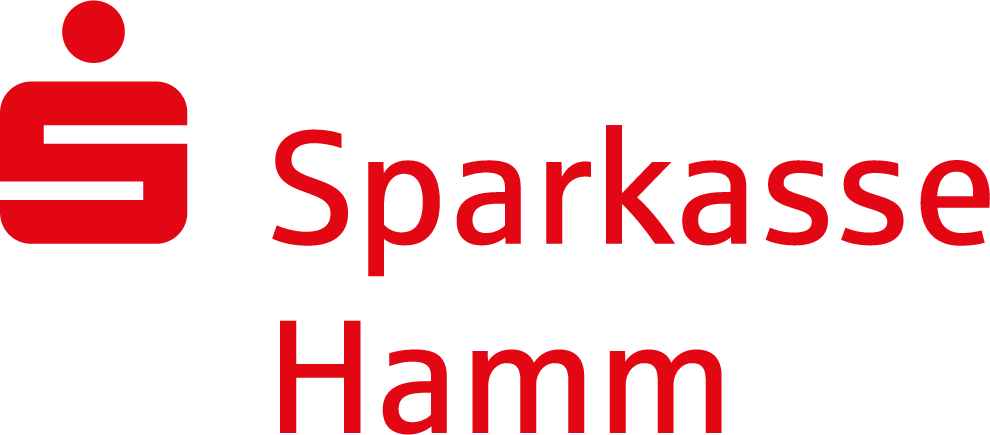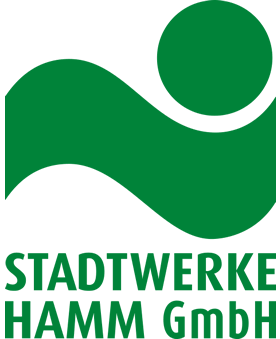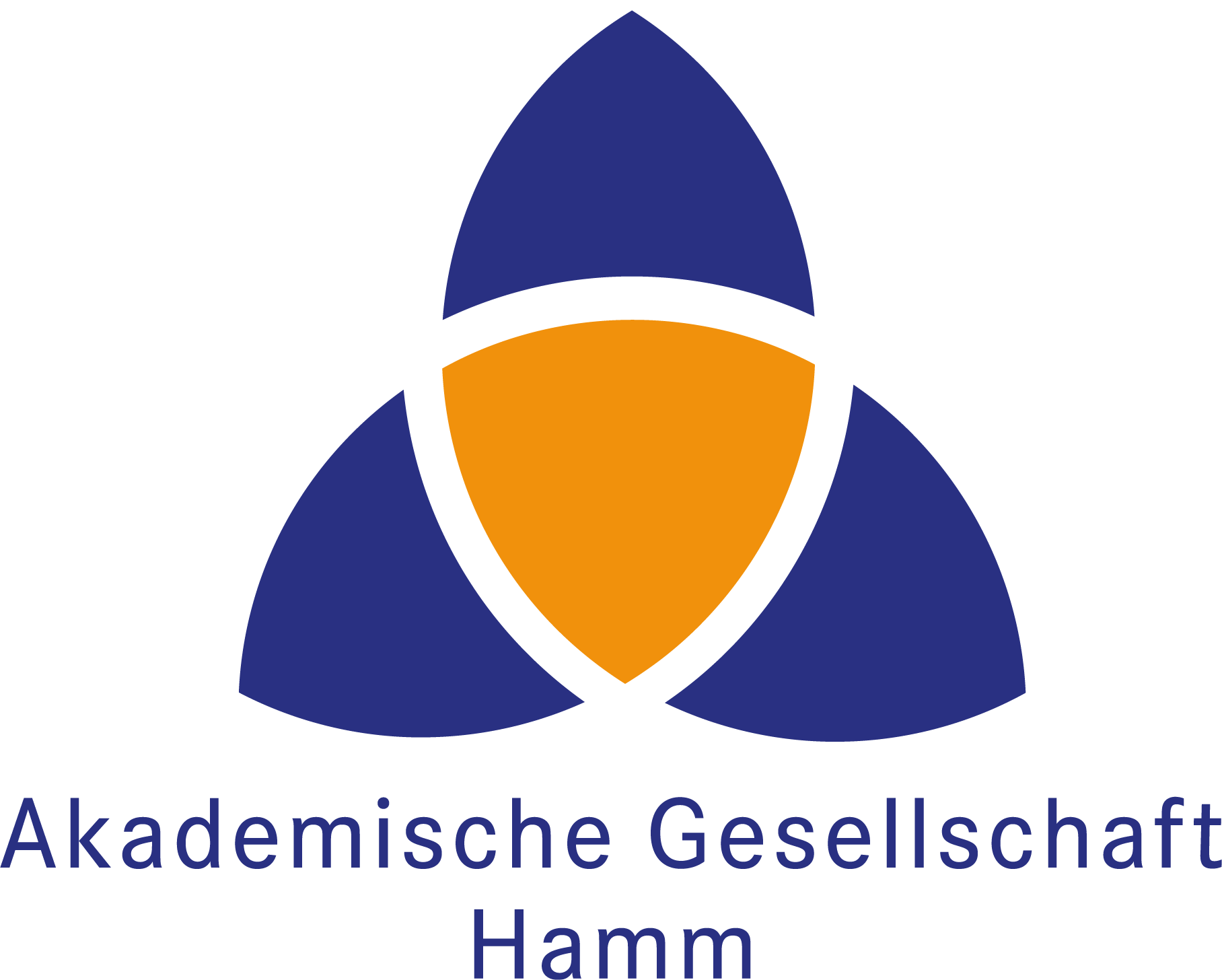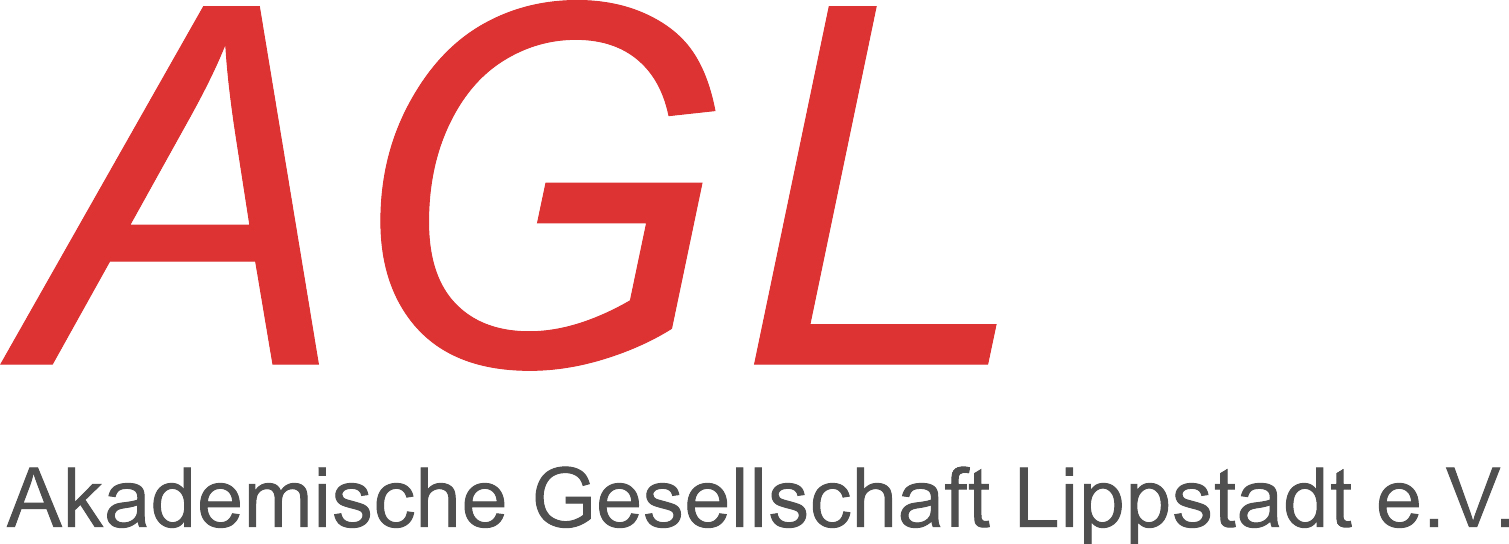About Hamm

A logistic utopia
Hamm’s vision for the future
In the past, the coal mining industry was vital in Hamm. Taking the place of an old mining shaft there is now the “Lippepark”. The park has an outdoor exposition which symbolizes the city’s history in coal mining. However, its tall trees and colourful flowers reflect Hamm’s vision of more environmentally friendly energy solutions.
As a matter of fact, Hamm is currently establishing one of the region’s biggest hydrogen plants. Buses and other vehicles of the city will then be able to run by using hydrogen that is locally produced in Hamm, making public transportation more climate friendly.
Hamm keeps striving towards a bright future. The city’s two attractive universities welcome the many young minds, who help shape this aspired vision.

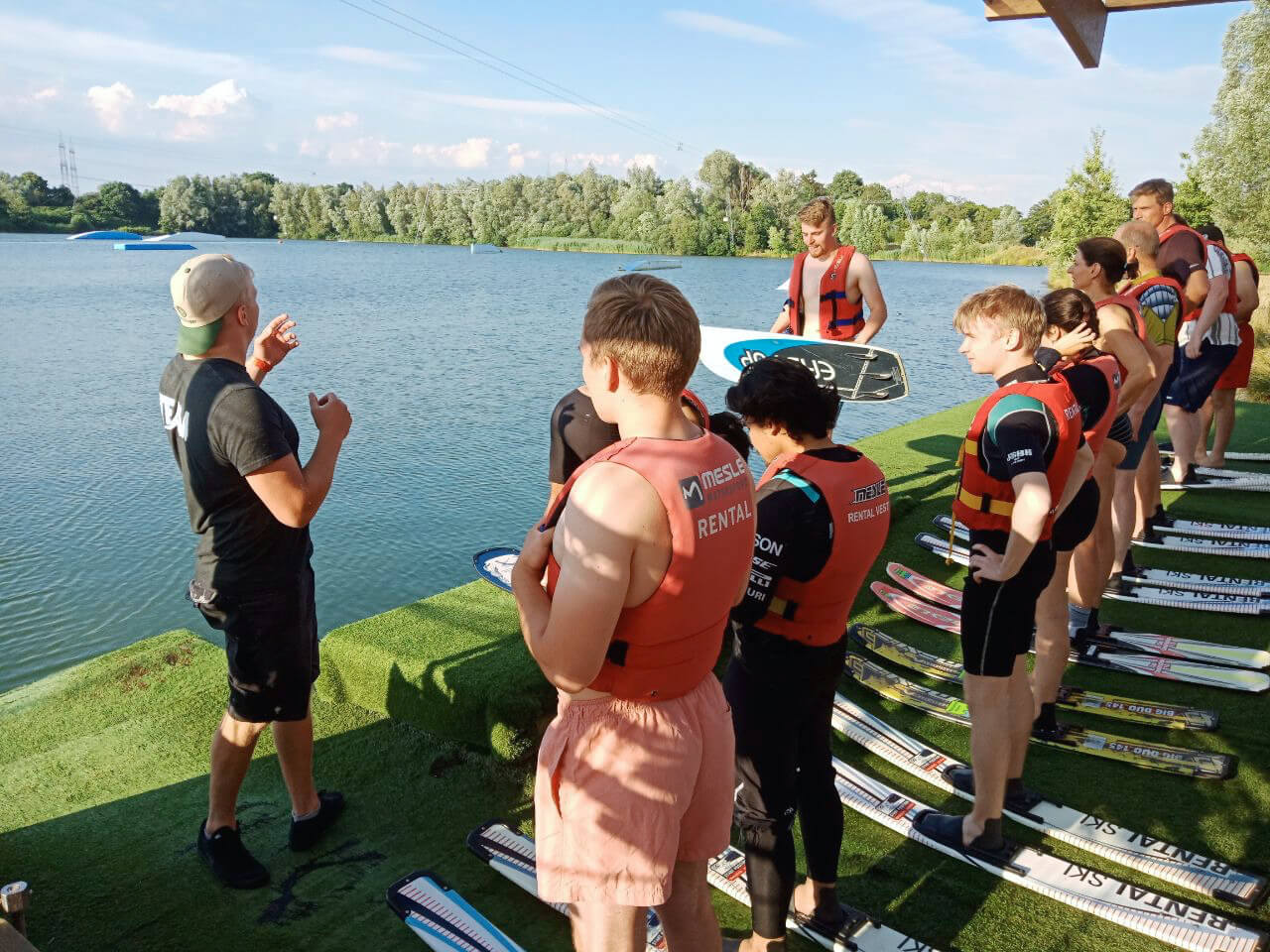
Leisure Activities
What sets Hamm apart in the leisure sector is its diversity of water-based activities. If you’re a fan of rowing and canoeing, you should try out our brand-new water sports centre. If you’re up for it, water-skiing at Haarener lake will definitely get your adrenaline rushing! Of course, you could also always chill at Maximare aquapark. It has indoor pools, outdoor pools, water slides, and certainly an artificial wave pool.
Prefer to stay on land? You could nevertheless still spend some quality time in Hamm. Be it by soaking up the evening sun in one of Hamm’s many green and vibrant parks after a successful day; taking a walk by the river “Lippe” and making friends with dogs (and their owners); or by chatting with friends in Hamm’s cozy restaurants which offer a variety of international cuisines.
For the friends of nature, the Maximilianpark is a beautiful place for spending time and exploring. It is the place where you will find North Rhine-Westphalia’s biggest butterfly house and the giant glass elephant building, which is the landmark of Hamm.
